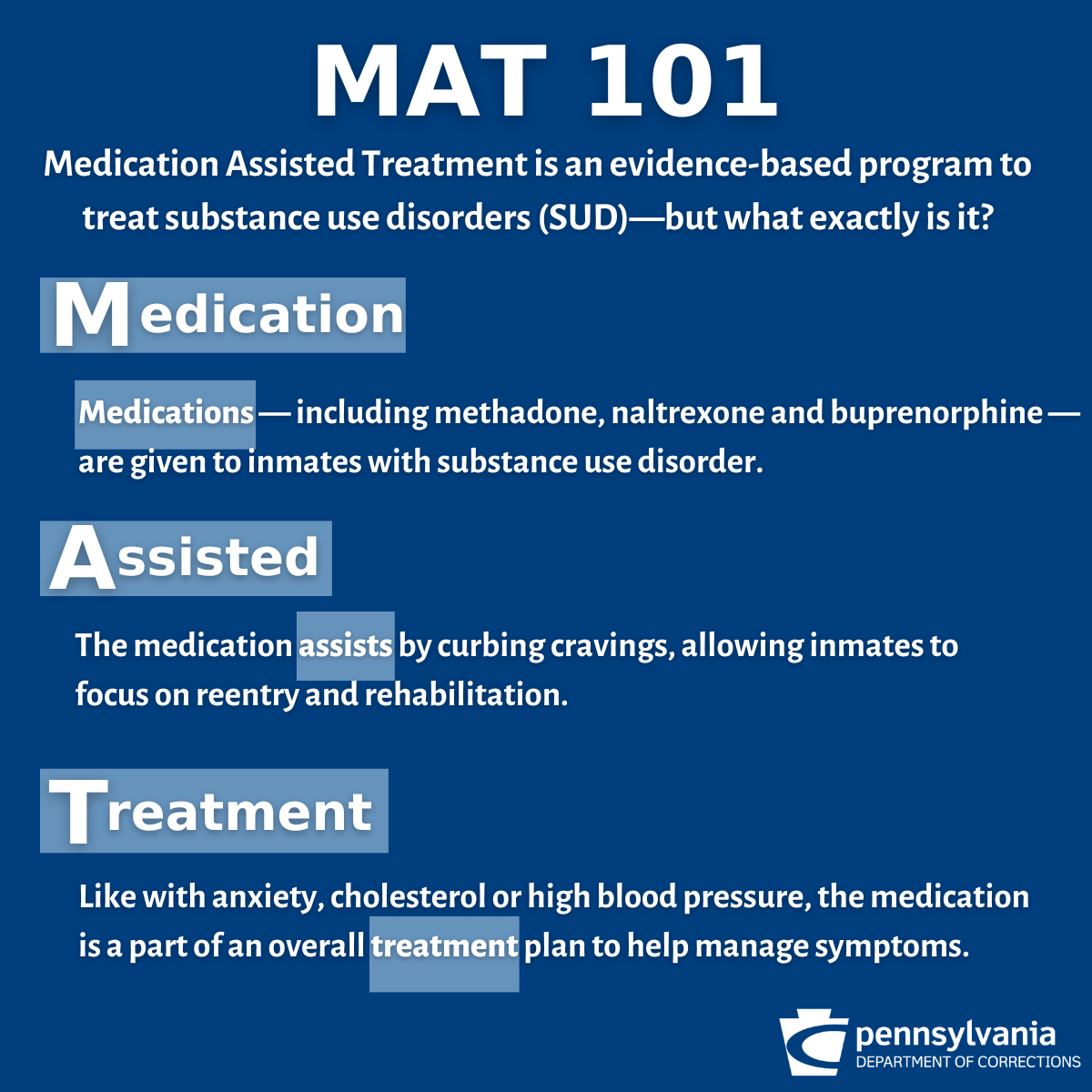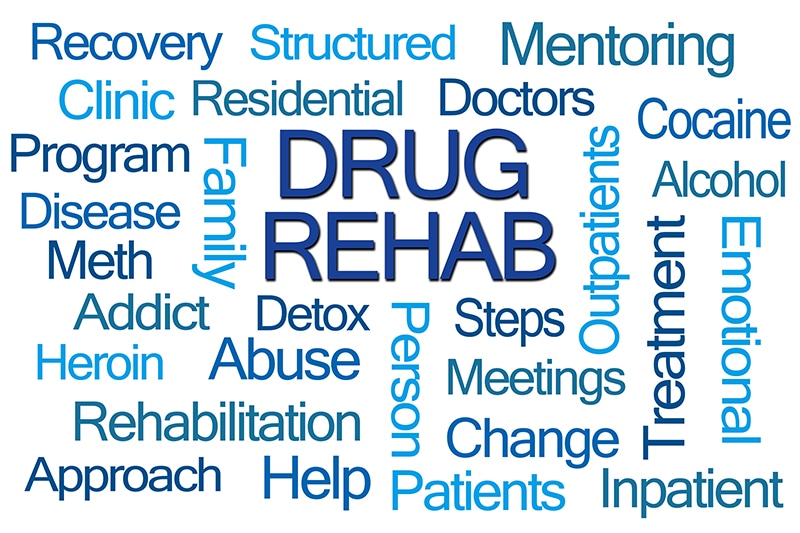The problem also involves how the brain, when deprived of the drugs to which it is accustomed, responds to tension. The reaction is generally exaggerated unfavorable feeling, and even despair. In this setting, the strong association of discovered ecological hints (for example, smelling beer at a ball video game or seeing the corner where the dealership can be discovered) exacerbates the craving for the substance.
The brain science behind these observed and measurable processes in addiction helps to clarify the objectives of treatment. Agonist medications (such as methadone and buprenorphine) can stabilize the yearning brain while the preparation and reasoning processes get back fit. But how can a person with addiction prevent the cues that set off craving? How can they reliably get assist? It is not enough merely to "just state no." The individual needs to establish alternative sources of happiness and reward, and people who have actually been isolating themselves in order to consume or use drugs without inhibition might need to work in a purposeful way to re-acquire habitual "happiness" social interactions, physical pleasures like a swim or a bike flight, and other healthy, pleasurable rewards.
Plainly, there are individuals on the moderate end of the spectrum who have the capability to select to stop or cut back. For these individuals, when the benefits of not utilizing exceed those of using, they stop. Some people with a pattern of unhealthy drug or alcohol use that satisfies criteria for a medical diagnosis of substance use disorder might likewise "fully grown" out of it without official treatment.
I hope for my clients that understanding that there is biology someplace down deep in these problematic and often dangerous behaviors can reduce the self-loathing and guilt that is almost universal among individuals with dependency. And to comprehend that it might even go deeper, to the genes and experiences over which they had no control, might likewise assist.
And when we get good at it, maybe, just maybe, we can start to have the choice to live a life that is acceptable and even better than we 'd thought of. Commenting has actually been closed for this post.
Drug dependency, in the most basic terms is the strong compulsion to get and use substances, even though a number of unfavorable and harmful consequences are likely to happen. Dependency has actually been described as a "medical condition that affects the brain and changes behavior." Numerous compounds consisting of alcohol, illegal drugs, prescription medications, and even some over-the-counter medicines may fuel the development of an addiction.
The smart Trick of When Did Drug Addiction Become A Disease That Nobody is Discussing
The meaning of dependency varies among people, organizations, and doctor, and society's perspectives about addiction are ever-evolving. The National Institute on Substance Abuse (NIDA), the Drug Abuse and Mental Health Solutions Administration (SAMHSA), and the National Institutes of Health (NIH) all similarly explain addiction as a long-term and relapsing condition identified by the specific compulsively seeking and utilizing drugs despite adverse repercussions.
These changes are long-lasting and can continue well after the individual has stopped utilizing drugs. Comparing substance dependency to heart problem might assist illustrate why it is specified as a disease by numerous:1 Both dependency and heart problem disturb the routine performance of an organ in the body the heart for heart problem and the brain for dependency.

Dependency and numerous kinds of heart illness are mostly preventable by participating in a healthy way of life and preventing bad choices. They are both treatable to avoid further damage. AAC is in-network with lots of insurer. Your addiction treatment could be complimentary depending upon your policy and deductible. Moreover, because dependency is marked by periods of recovery and symptom recurrence (relapse), it resembles other illness like hypertension and type-2 diabetes. These diseases are long-lasting conditions that need continuous effort to handle.
3 The idea that compound dependency is an illness is not, nevertheless, universal. Some would argue that dependency is not an illness due to the fact that: Dependency is not transmissible or contagious. Dependency is not autoimmune, hereditary, or degenerative. Dependency is self-acquired, implying the person offers the condition to himself. Proponents of this method of believing put a lot more emphasis on the social and environmental aspects of addictionone proponent claims that dependencies might be "cured" by locking addicts in a cell where there is no access to substancesinstead of on the brain modifications that take place as a result of drug abuse.
For example, it holds true that many drug abuse starts with a decision (although in most cases substance usage started with a prescription from a doctor for a real medical problem and evolved into abuse). But while nobody forced an addicted person to begin misusing a compound, it's tough to picture someone would willingly destroy their health, relationships, and other significant areas of their lives.
It must be noted that the "addiction is an option" view is mostly relegated to people and little groups. There are couple of, if any, nationally recognized compound abuse-focused companies whose views have not evolved to comprehending addiction as a disorder or illness. In fact, the NIH sees the concept that addiction is an ethical failing as an outdated, ill-informed antique of the past. The American Psychiatric Association (APA) no longer utilizes "addiction" as a term or medical diagnosis.

How To Deal With Drug Addiction In The Family for Beginners
7 No matter how one defines addiction or what term is utilized, what is clear is that dependency is a huge issue in the U.S. that affects millions. Another irrefutable truth is that lots of drugsboth illicit and prescriptionare rather addictive. People get addicted to drugs for numerous reasons, however one of the major elements behind why drugs are so addictive is the rewarding, blissful high they bring about.
1 Everyone experiences natural rewards in their life like a tasty meal, a favorite song, the enjoyable feeling following workout, or the joy after sex, however drugs provide something more. The high that comes from abusing drugs is bigger, brighter, louder, and more pleasing than any natural benefit, and it can make natural rewards appear small, dim, and peaceful by contrast.
Trigger the release of brain chemicals in big https://t.co/RJRtlnt7bx#opioid-rehab-delray quantities. how to stop drug addiction without rehab. Avoid brain chemicals from being recycled and reabsorbed into the brain. Among the brain chemicals frequently talked about in the addicting power of compounds is dopamine. 1 Scientists think, when a gratifying event takes place, the brain launches dopamine to signify the experience and encourage repeating.
Dopamine tells the brain that the experience of using a drug is essential and must be repeated (how to help a friend with drug addiction). The brain is programmed to bear in mind the people, places, and things related to the use, so it will be simpler for the individual to duplicate the situation. With repeating, these bursts of dopamine inform the brain to worth drugs more than natural rewards, and the brain adjusts so that the reward circuit becomes less sensitive to natural benefits.
1 If natural benefits are a plate of broccoli, drugs are a substantial bowl of ice cream, and broccoli is even less tasty after ice cream. Gradually, the desire for drugs ends up being a learned reflexa person can be set off to utilize by the people, places, and things that are linked to their substance abuse, simply https://youtu.be/r-NDQ3sBeSk as someone might get starving driving by their favorite restaurant, just the desire is most likely to be much more frustrating.